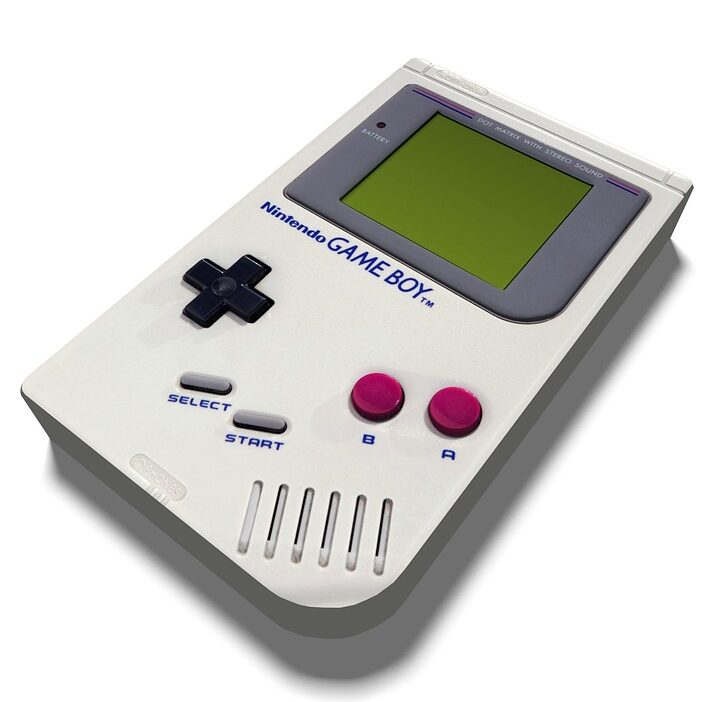In the ever-evolving landscape of gaming technology, players often find themselves faced with a pivotal choice: wired or wireless gamepads. This debate has seeped into gaming culture, influencing not just preferences but also gameplay performance and ergonomics. As both options boast their own sets of advantages and disadvantages, gamers are tasked with deciding which one best suits their style and needs.
The Case for Wired Gamepads
1. Performance and Latency
One of the strongest arguments for wired gamepads is performance. Wired connections are generally free from the latency issues that can plague wireless devices. For competitive gamers, even a few milliseconds can be the difference between victory and defeat. Wired controllers provide a direct connection to the console or PC, ensuring that every button press and joystick movement is registered immediately.
2. Power Supply
Wired gamepads draw power directly from the console or PC, eliminating the need for batteries or charging. This means gamers can immerse themselves for extended periods without worrying about running out of juice at a critical moment.
3. Reliability
Wired connections are often more reliable than their wireless counterparts. Interference from other wireless devices, walls, or even a simple distance from the console can disrupt the connection in wireless gamepads. For gamers who prioritize consistency, a wired setup can eliminate these concerns.
4. Affordability
Typically, wired controllers are less expensive than wireless models. This affordability allows gamers to invest in multiple controllers or spend their budget on other gaming accessories.
The Appeal of Wireless Gamepads
1. Freedom of Movement
Wireless gamepads offer gamers the liberating experience of unencumbered movement. Without cables restricting their motion, players can sit back, relax, or even stand while gaming. This flexibility is particularly appealing for multiplayer sessions, where players can spread out and enjoy the game together.
2. Clean Setup
For gamers who prefer a tidy gaming space, wireless controllers eliminate the clutter of cables. Wireless setups contribute to a more aesthetically pleasing environment and can accommodate a range of seating arrangements without compromising on comfort.
3. Advanced Features
Many wireless gamepads come equipped with advanced features such as motion controls, programmable buttons, and haptic feedback. These innovations enhance the gaming experience, providing players with immersive feedback that can make games more engaging.
4. Portability
Wireless gamepads often come with the added advantage of portability. Easy to pack and take along to a friend’s house or gaming event, these controllers are a staple for on-the-go gamers.
The Hybrid Approach: Best of Both Worlds?
Some brands are now offering hybrid gamepads that blend the advantages of both wired and wireless technology. These controllers often switch seamlessly between modes, allowing gamers to choose wired connectivity when performance is paramount and switch to wireless when they seek freedom of movement. This adaptability can be ideal for gamers who participate in both competitive and casual gaming environments.
Considerations Beyond Connection
While the wired vs. wireless debate primarily focuses on connectivity, several considerations can influence a gamer’s final decision:
- Compatibility: Not all controllers work seamlessly across different gaming platforms. Gamers should ensure that their choice is compatible with their console or PC.
- Comfort and Ergonomics: The design and feel of a controller can affect gameplay significantly. Players should prioritize comfort, particularly during extended gaming sessions.
- Price and Longevity: Budget plays a crucial role in the decision-making process. Wired controllers tend to be more affordable, but gamers should also consider the longevity of their investment.
Conclusion
Ultimately, the choice between wired and wireless gamepads hinges on personal preference, gaming style, and specific needs. For competitive players prioritizing performance, a wired connection may be the best fit. In contrast, those who value freedom and mobility might lean toward wireless technology. As the gaming landscape continues to evolve, it’s safe to say that this debate will remain a prominent topic among players. Whether you prefer the steadfast nature of wired controllers or the liberating essence of wireless ones, the most important aspect is finding a gamepad that enhances your gaming experience.



